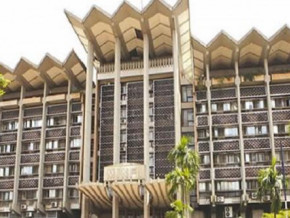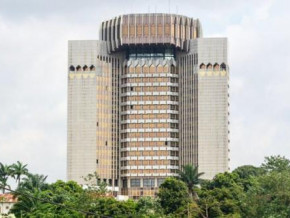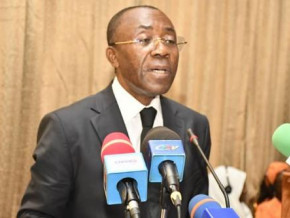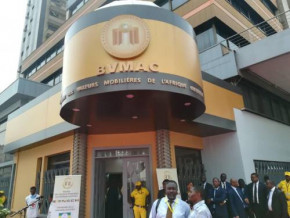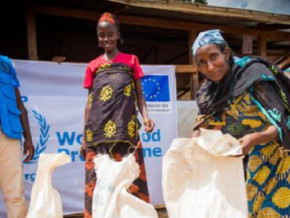
Fifty billion FCFA 50 from the World Bank to produce raw materials for agro-foods companies
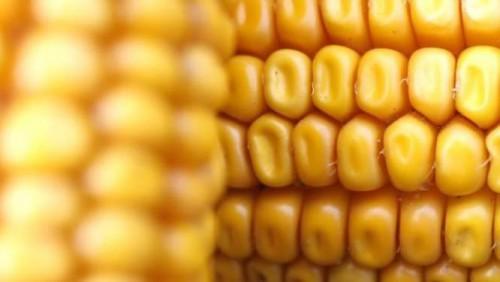
(Business in Cameroon) - The land of production deficits, Cameroon must now increase its agricultural production if it hopes to advance its transformation to industrialisation after ensuring the nutritional self-sufficiency of its people. It is this two-fold challenge that led the Cameroonian government to launch the Agricultural Markets Investment and Development Programme (PIDMA) financed by the World Bank. Over a five-year period (2014-2019), the international financial institution will inject 50 billion FCFA to drive the Ministry of Agriculture-led programme.
According to the programme’s coordinator, Thomas Ngwé Bissa, this financing will be invested essentially in corn, sorghum and cassava cultivation, the main raw materials used in agro-foods plants in Cameroon. Created in Sangmélima, Sotramas is one such company. It plans to produce starch with 120 tonnes of cassava per day, but the optimal functioning of the plant has been mortgaged away by the deficit in this staple’s production.
The same goes for three of the country’s breweries which are obliged to import large quantities of corn, each year, because of the production deficit that has been occurring for years with this produce. Indeed, according to official statistics, the annual demand of agro-industrial companies is officially estimated at 200,000 tonnes of corn, 30,000 tonnes of sorghum and 1.4 million tonnes of cassava.
In order to correct this deficit and ensure local supply to agro-foods plants, PIDMA has added the services of Cameroon-based banks to guarantee loans granted to producers eligible to join the programme. This led to Afriland First Bank and the BICEC signing conventions. Negotiations with the local subsidiary of Ecobank are on-going.
According to the terms of these conventions, the banks commit to granting loans to 300 eligible agricultural cooperatives, which will bring assistance to 120,000 persons, 50% of whom are youth and women. Within the PIDMA framework, the projects are 50% financed by the programme (in the form of a grant). Recipient cooperatives, which are required to provide 10% of the total amount of the investment, will seek the remaining 40% through local banks.
“Financing will be secured by the payments. Buyers will make payments directly to the bank which will then pay the cooperatives. This will reduce the risk of any misappropriation. The bank will have a guarantee provided by the final buyers,” explains the PIDMA coordinator.
Apart from PIDMA, the hope of increasing Cameroon’s agricultural production could also come from GICAM’s “one boss, one plantation” project. Through this project which West-Africans hope to replicate, the boss of bosses, André Fotso, invites his colleagues to return to the soil by investing in the agricultural sector which can also be a source of wealth.
Mags frontpage
- Most read 7 days
- shared 1 month
- read 1 month




